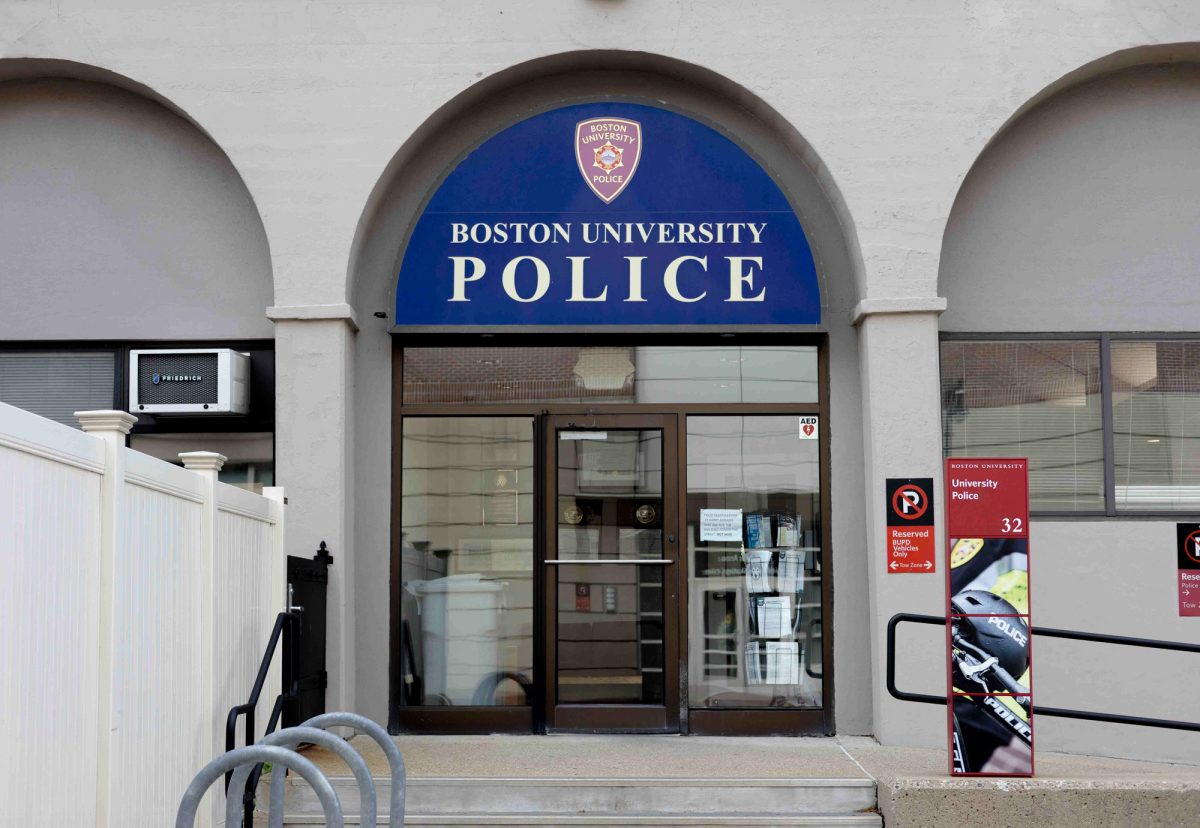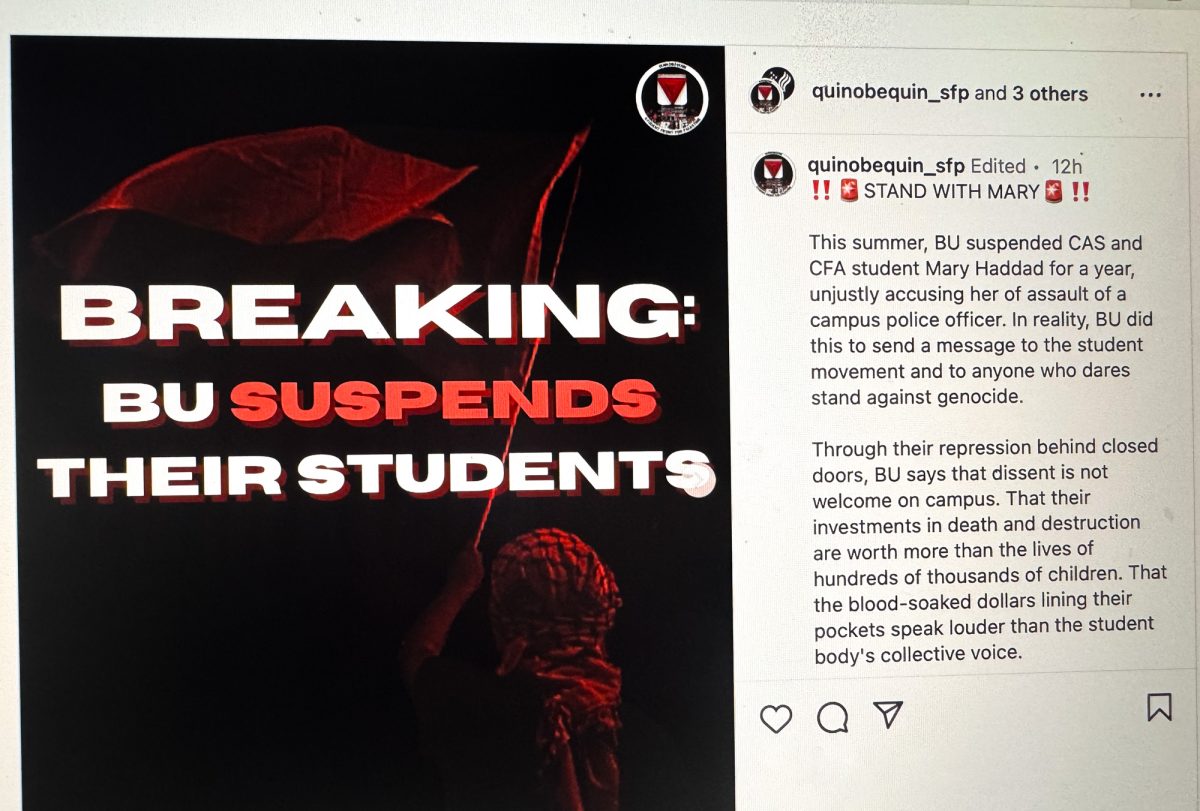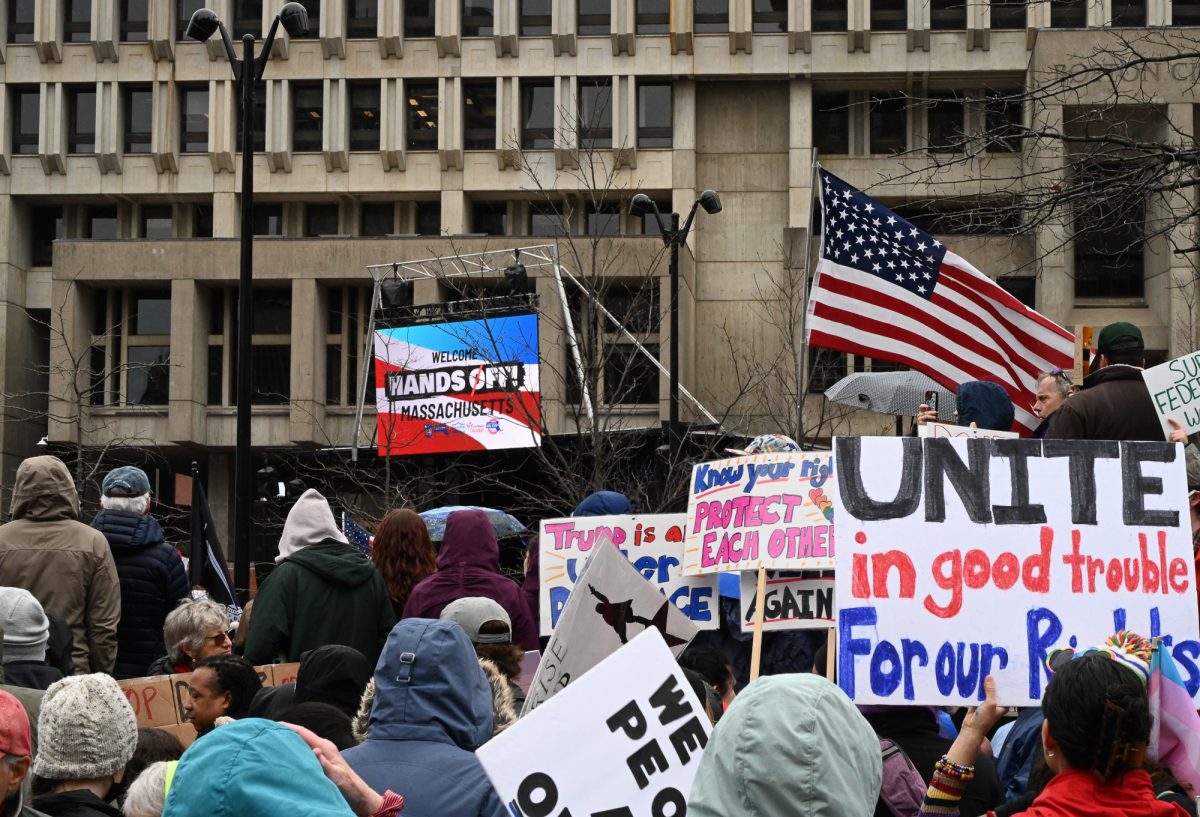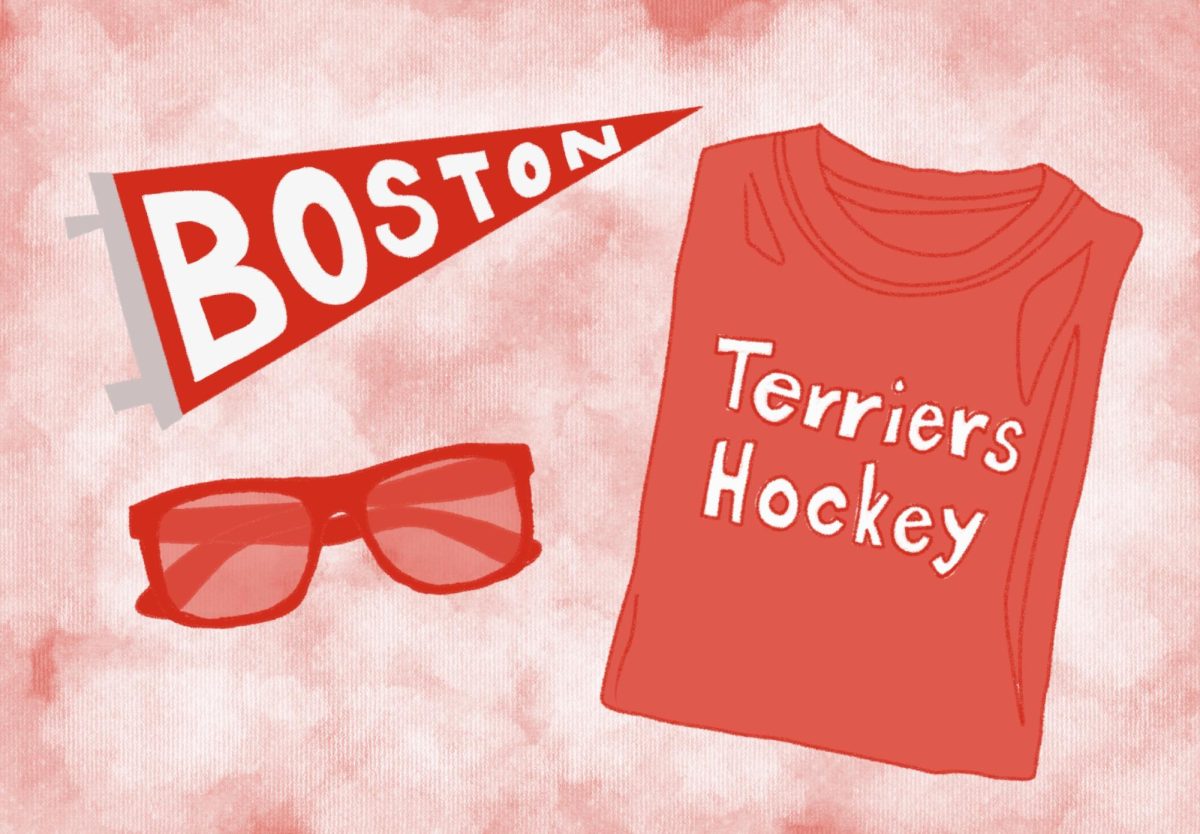Anxiety and stress do not pair well with creativity and artistry. In a society that overly incentivizes success in the form of monetary value, we are often pushed to produce art, music or writing that is well-liked and accessible.
Of course, there is nothing wrong with being either of those things. The problem lies in our demand to create something with the intention that it must be accepted by others. It distracts us from tapping into the actual process of creativity.
We get misguided by the process of making things that are deemed good by someone other than ourselves. Part of this is a natural tendency, but it is too easy to fall deep into a trap of viewing our own self-expression through the lens of the consumer — a.k.a, the judge.
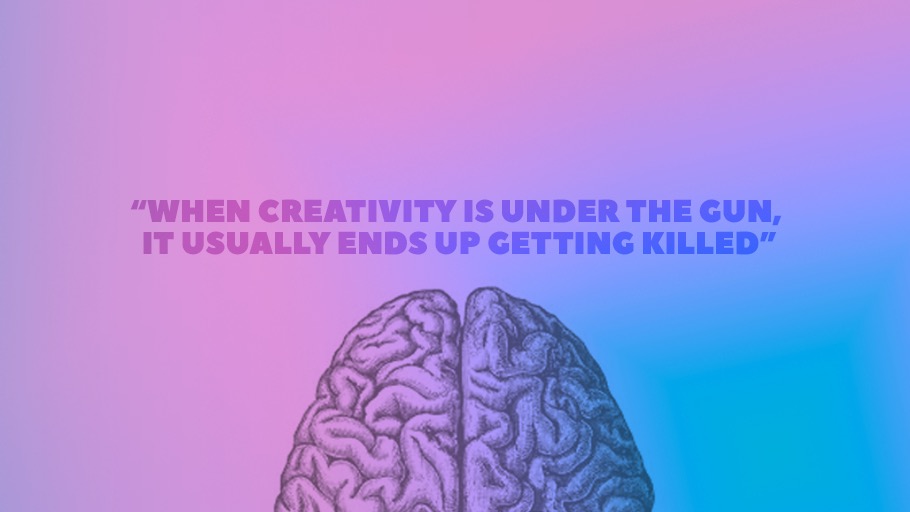
The world around us sometimes pushes us to believe that success surmounts passion or love for your craft. However, focusing on how others will perceive your work as you make it is entirely backward.
The truth is, you cannot approach creativity from the outside looking in. Creativity gets its oxygen from the unpolished parts of ourselves, areas within us that are raw and immune to the day-to-day filters we place over other aspects of our identity.
As any kind of artist or anyone pursuing something that involves a degree of self-expression, it takes sitting with yourself and being fully present to produce what is actually meaningful to you. When you get wrapped up in the fear of failure, the pressure of creating something eminently, you detach from authenticity.
Creativity is about honesty and uniqueness. When we create to appease the opinions of others or to ward off judgment and criticism, we are really just giving away something that belongs to ourselves, something personal to us. This defeats the purpose of pursuing a passion in the first place.
A 2020 study from Georgetown University measured participants through a creativity anxiety score, which measured how anxious people would feel when asked to think of and develop a creative idea. The study found that a lower creativity anxiety score was a significant predictor for more life achievements and a generally better well-being.
This work builds on a 2002 study by the Harvard Business Review analyzing creativity under pressure, which found that people are less inventive while under the stress of deadlines and outcome-oriented projects. Although some people may claim to use their imagination the most when they are under the clock, the study actually revealed that “when creativity is under the gun, it usually ends up getting killed.”
Connecting to who you are in a deeply creative way often means coming face-to-face with your most candid self, interacting with your mind without hindrance or restraint. Delving into a true, authentic and creative space means removing disparaging self-talk and welcoming all versions of ourselves.
Every thought, feeling and idea should be accepted with openness and indulgence. That is how we create the most expressive works of art, the most resonant and beautiful masterpieces.
It starts and ends with being yourself. Striving for perfection or aiming to reach a particular standard held by someone who is not you is the complete suffocation of creativity. We must elevate ourselves from the pitfall of fearing failure and disapproval. Creativity makes a home in those who are patient, inspired and absent of worry over outcomes and perceptions. As Oscar Wilde once put it, “worry is misspent imagination.”





